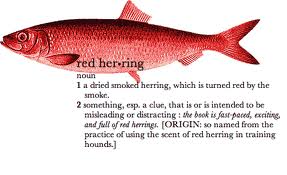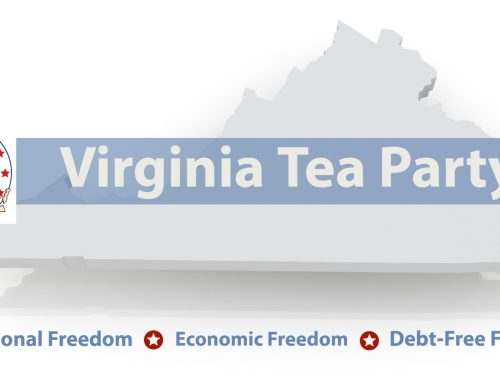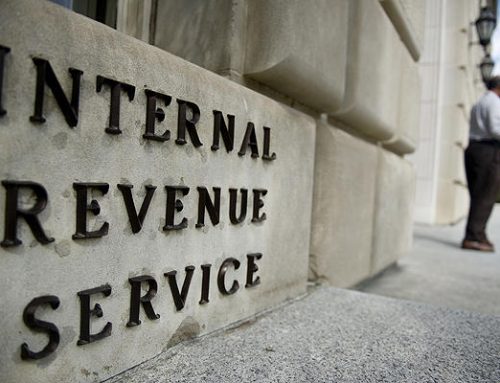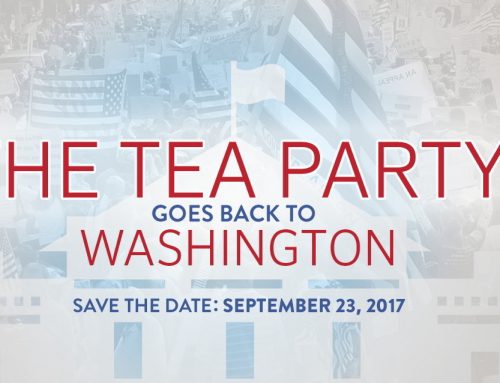
“(W)hy is [the Tea Party] now so frequently mentioned as a prime factor in the country’s deficit woes?” Cost asks. He answers:
…Democrats are in desperate need of a red herring….They are desperate to turn the public’s gaze away from their own shortcomings, and no doubt some too-clever-by-half pollster or focus group hack suggested blaming the Tea Party….
The ambiguity of …the Tea Party is what makes it an attractive target for the Democratic party and its friends in the mainstream media. There is no leader of the Tea Party. No building where the Tea Party meets. No set of rules and regulations that enumerates the privileges and responsibilities of its members. Thus, the “Tea Party” can be whatever the Democrats need it to be….As long as “they” stay relatively obscure, Democrats can ascribe almost any quality they want to them….
However, there is a problem for Democrats with turning the Tea Party into the bogeyman. Steven Spielberg’s Jaws is a fantastic movie because you do not see the shark until you’re already well into the film, but eventually you see it. If you never did, the movie would have been forgotten long ago.
The Democrats are never going to be able to produce this terrible, villainous Tea Party for the world to behold. It will forever remain in the shadows, secretly making sure that nothing goes Obama’s way between now and Election Day. This makes for a very bad foil. There’s really no third act, no moment when Obama and the forces of light finally confront the Tea Party and its minions of darkness….
So yes, the Tea Party has become a red herring for the Democratic party and the liberals who dominate it, meant to distract the public from their own terrible record. Yet, as red herrings go, it is a pretty useless one–and a testimony to just how worried they are about next year.






